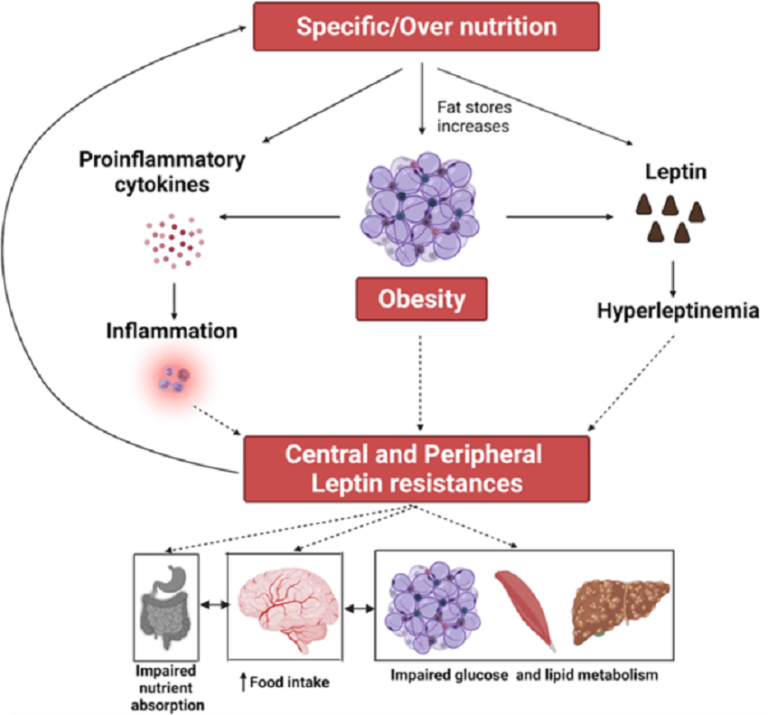The effects of vitamin C on skin health have been known for many years.
Vitamin C is one of the essential components to form collagen and guarantee the skin’s elasticity. Vitamin C injections are used for healing wounds and burners. In addition, its antioxidant effects make tissues deteriorate less over time.
This article describes the effects and benefits of vitamin C for skin health.
What is vitamin C?
Vitamin C or ascorbic acid is one of the most critical essential micronutrients for skin health. Vitamin C is not synthesized in the human body, so it must be provided through food, products, or supplements.
Covering the recommended daily amount of vitamin C is essential to maintain healthy skin and improve the health of the epithelial bone and connective tissue. (1)
The lack of this vitamin is accompanied by alterations in collagen synthesis, which can also cause damage to the gums and other tissues of the body. A lack of ascorbic acid affects the skin’s regenerative ability and increases the effects of damage caused by the sun.
Vitamin C – Benefits and Effects on the Skin
One of the main functions of vitamin C is to participate in the synthesis of collagen, the main structural protein of connective tissue. Vitamin C delivered through the skin contributes to skin lightening and can reduce the effects of oxidation and skin blemishes due to UV damage. The benefits of vitamin C for the skin are:
- Photoprotection
Vitamin C can limit the damage after exposure to ultraviolet (UV) light. While vitamin C is not a sunscreen, its properties as an antioxidant make it a product capable of protecting the skin against UV-induced damage. (2) (4)
UV light reduces vitamin C content in the skin; its effects depend on the intensity and duration of exposure to UV rays. (2) In keratinocytes, adding vitamin C reduces DNA damage caused by free radical oxidation and protects the skin against apoptosis (5).
In human studies, oral vitamin C supplementation did not significantly increase MED, a measure of photoprotection from ultraviolet light on the skin (8).
The results suggest that regular ascorbic acid consumption provides insufficient antioxidant protection against UV radiation. However, multiple investigations have confirmed that oral supplementation with a combination of vitamin C and E effectively increases MED and regeneration over damaged areas on the skin. (6.7)
In conclusion, the interactions of the antioxidant effects of vitamin C and E can effectively achieve UV protection through diet.
- Prevent the formation of wrinkles
In addition to its antioxidant functions, vitamin C regulates collagen synthesis in the skin. It has been confirmed that the central role of ascorbic acid in the synthesis of skin cells is the hydroxylation of collagen molecules. (3) The hydroxylation of collagen is necessary to improve the stability of the fluid that surrounds the skin cells and improve the support of the epidermis.
One of the effects of vitamin C is stimulating the synthesis of collagen proteins for the repair of damaged skin. (6) Vitamin C also increases the rate of fibroblast proliferation, a capacity that decreases with age. (2)
A more significant amount of foods rich in vitamin C in the diet is associated with a better appearance of the skin and a lower probability of developing wrinkles. (6)
Studies confirm that vitamin C in creams and topical applications for at least 12 weeks reduces wrinkles, protein fiber damage, and collagen production in the skin. (2,4,5,6,8)
- Reduce wound healing time
Having levels of vitamin C is capable of reducing wound healing time. (9) A sufficient amount of ascorbic acid can limit free radical damage in the body.
The effects of free radicals on healing times are not yet fully understood. However, studies suggest that it may be related to an increased demand for dermal collagen synthesis.
One of the benefits of vitamin C in wound healing is promoting keratinocyte differentiation and restoring the stratum corneum. Studies suggest that by supplying a dose of at least 1000 mg of vitamin C, healing times after burns or cuts in surgery are reduced. (10)
- Less risk of dry skin
One of the benefits of ascorbic acid is to reduce the effects on trans-dermal water loss. (2) Eating more products and foods with vitamin C is associated with a lower risk of dry skin.
In an investigation (11) where the effects of cosmetic products with ascorbic acid on the skin of older adults were studied. The dryness, redness, tonic, and hydration parameters increased after prolonged use. In summary, one of the benefits of vitamin C is a lower risk of dry skin.
The effects of vitamin C on the skin are:
- Avoid dryness
- Reduce the healing time of wounds and burns
- Reduce damage from UV sun rays
- Increase collagen synthesis
- Promote keratinocyte differentiation
- Prevent the formation of wrinkles
Products with vitamin C for the skin
Vitamin C can be supplied through food and topically incorporated externally through pharmaceuticals and oral dietary supplements. In its various forms, it can provide multiple benefits for the skin.
Inadequate amounts can improve the ability to regenerate the skin and resist the damage of UV rays from sunlight. In excess, it can be dangerous. Vitamin C overdose or hypervitaminosis is rare. However, its effects can be severe to fatal. (4)
In medicine, ascorbic acid injections treat chronic deficiency due to poor nutrition. But also to accelerate wound processes on the skin. This medicine is indicated as a treatment when oral administration is not possible in cases of absorption disorders. It is recommended for use in adults and adolescents from 14 years of age. (1)
Lack of vitamin C in the body and consequences on the skin
The main reason for the lack of ascorbic acid in the body is the lack of vegetables, fruits, and assimilation problems.
Bad habits also play a role: alcohol and smoking dramatically accelerate the excretion of ascorbic acid in the body and skin. The recommended amount of vitamin C for smokers increases by a third, the equivalent of about 20-30 mg¹.
Typical symptoms of a lack of this vitamin are slow wound healing, increased brittle nails, dry skin, hair loss, reduced immune system, and chronic fatigue.
The recommended amount of vitamin C per day:
- Men – 90 mg
- Women – 75 mg
- Adolescents over 14 years – 65-75 mg
- Children under 13 years: 35-50 mg
- Note: Smokers are advised to consume 30% more ascorbic acid per day
Foods rich in vitamin C for the skin
Although oranges, lemons, and other citrus fruits are high in ascorbic acid, they are not the only foods. Blueberries, red bell peppers, rosehips, strawberries, and spinach leaves.
It is important to note that ascorbic acid is heat sensitive. That is, it is destroyed at high temperatures. To obtain the benefits of foods with vitamin C for the skin, it is recommended to eat them raw.
ABSTRACT
Vitamin C is one of the essential nutrients for skin health. It is not produced in the human body, so it must come through food or cosmetic products. The benefits of ascorbic acid for the skin are stimulating collagen production, reducing damage caused by UV rays, and promoting the differentiation of keratocyte epithelial cells.
To obtain its benefits on the skin, it can be supplied in dermal products, medicines, or food. The most important thing to achieve the effects of cosmetic treatments is to prolong their application for long periods.







